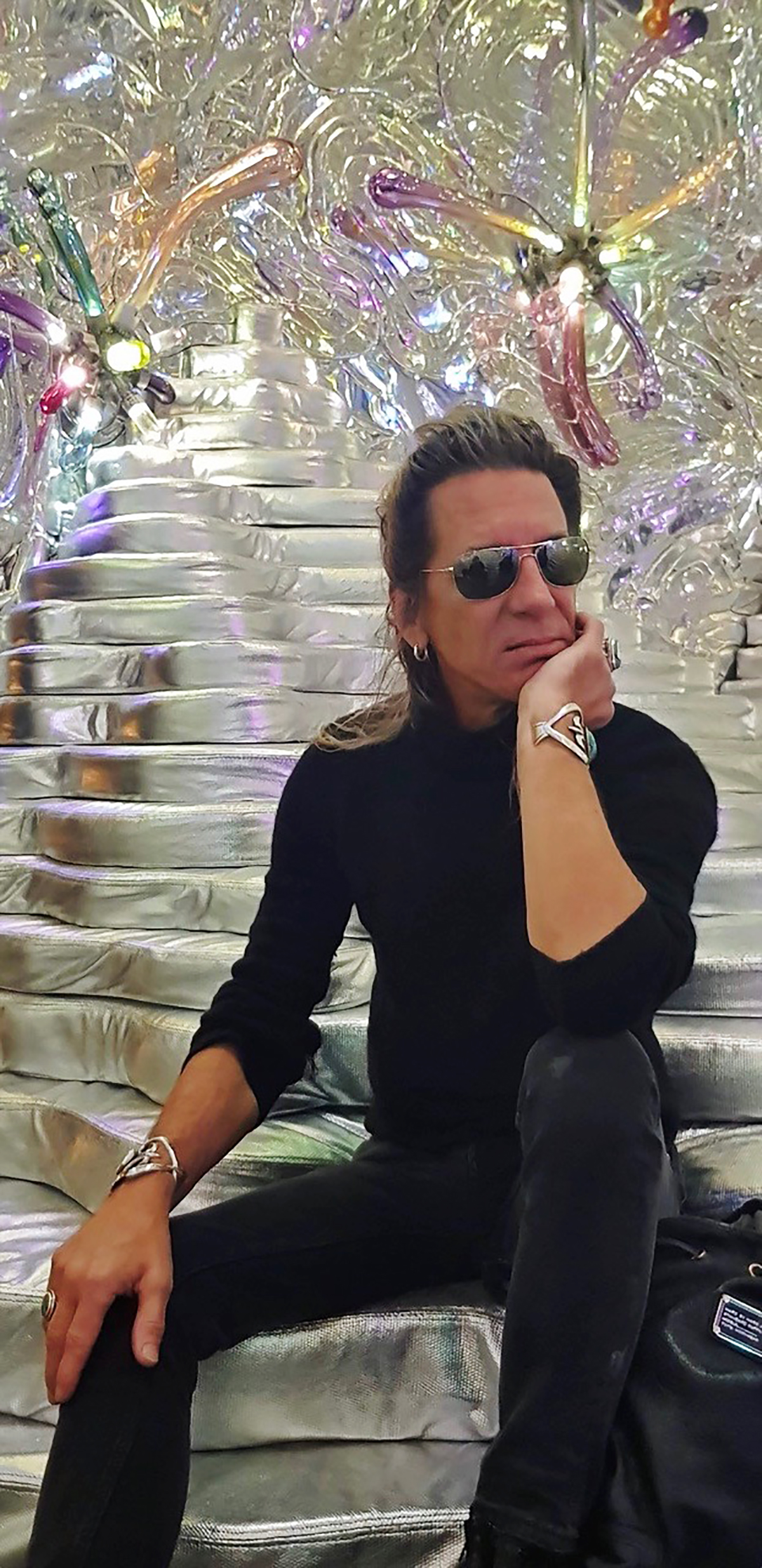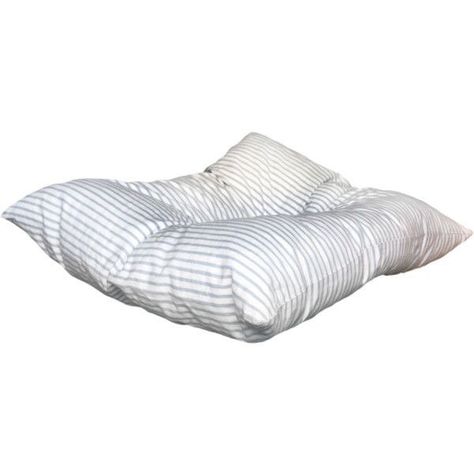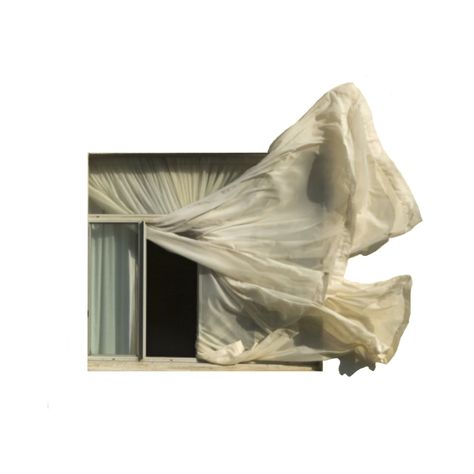LOOPS!
William Basinksi, the Iggy Pop of Ambient Music.
(You can address form but not dimensons.)
A story told by Sophie Sound.

William_Basinski_©2015DaniloPellegrinelli
Aged, new; young, old; easy, difficult; quiet, loud; far, near; wide, narrow; much, little; still,
moving; listening, not listening. You can address form but not dimensions. The dimensions
of it all: the music catalog, the career, the life experience, the tour schedule, the personality,
the fame, the genre, the music, the creativity. This persistence never ends, except when...
"Oh honey, it was never certain if I would make it"...
I meet William Basinski in his dressing
room after the sound check at the Mutek Festival in México City. After three months of
intense research into William's music, interviews, and techniques, I am nervous. I realize that
I am meeting the person who gave my own music-journey a kick off.
“You know when I opened for Bowie I wanted to give him a cassette tape of mine. I asked the manager back then if I could give it to him and he said “Yeah sure, he is in his dressing room. Do you want to meet him?” I said "Yeah, of course” and went in there but ended up giving the manager the tape because I was so nervous.”
I get told I have 10 minutes. My organized German habits and prepared questions suddenly changed into an improv because I planned on 60 minutes. The logistics manager asks me if I am ready and I say: no. Let me think about the one question I can ask to make the most out of those 10 minutes. And I go in, say “Hi” and...
...90 minutes later as I write these words I am sitting in the car with William Basinski and his High School friend Gary Wright, a sound engineer of the old school, with a massive credit list I didn’t know of and who is now Williams sound engineer, touring manager and part of SPARKLE DIVISION...
Silence. Because I feel that is what both of them need right now.
Too restless I break the silence, turn around and ask: “Why do you tour so much, then? “Well, that's the only way I make money! You don’t make any money from streaming!”. I feel bad asking that question. I want to ask more and keep talking but I say “I feel silence right now is the best thing I can do instead of asking more questions...”
And yes. Considering my own curiosity and desire to learn more, I give what I can at the moment. Understanding and silence.
Looking out of the window of the front seat I see the sun going down over Mexico City that Thursday late afternoon. Buildings only become mere shapes against a gradient sky, and over the tarmac panorama an ocean of red lights and cars sets the scenery. I could listen to Williams music right now because it would fit the tired moment.
When I arrive on site I decided to sit on the second highest point of a stand, directly overlooking Anahuacalli Museum and the stage for tonight's event. While I sit there trying to find the right position for my set up, I hear a first crackling tape loop sound. Around me,
people of different departments working towards the festival in a few hours, carrying around objects, dollies, people talking, walkie talkies, people being grouped up for internal announcement ... There is a lot happening. It takes me a moment but once the music starts, I fall into my world.
W: Thank you. That is the whole point. It is like falling into something new for a moment.
I’m not particularly star-struck. I am shy and I am nervous. I admit right away that I am nervous and shaking. As we start our conversation I ask: “how are you feeling?”
W: I tweaked my back the other day. I have this heating pad. I just realized that people have been taking pictures of me while I am taking my shirt off. It looks like I am wearing a diaper.
Just by hearing the music you know, someone is meshing with the loop, altering the tempo, affecting the flow of time. Like a puppeteer pulling strings from above and leading a play, controlling the show. I hear the sound of vinyl crackling like breaking into eternity and back to the surface again, within moments. I let my VHS camera roll but myself sunken into a theater play unfolding around me. My mind shuts off and begins to see a flow of time and humans.
W: Anyway it is a heating pad Thermacare, because I ... oh forget about it...we have been touring our asses off ....
Seeing William Basinski live is a unique experience. You can imagine listening to classical music with a range of 60 to 80 beats per minute, while he performs like a conductor who syncs the music with his movements. By using a baton to visualize the beats, he makes the performance more vivid. There is one question that I want to ask in this short amount of time I have.
S: “I would like to know who brought you to the place to be so confident about yourself that you say “I am going to disappear into this place and I am not going to descend into any trend and what people want to hear but rather become someone that makes something so different and becomes the trend himself?”
W: Well you know ... My friends were painters and they had great taste in music and I got to hear everything that was happening (at that time) and I wanted to be a composer and I just fell into this “oh there are so many interesting ways of doing music besides writing notes on paper for an orchestra or band”... So I got some old tape decks, cheap in a junk shop, old tape and you know I read about Brian Eno and Fripping Eno doing Frippertronics tape delay ,you know, and loops and things. Brian Eno's “Music For Airports” just came out and Wow ... It was very melancholic. You know, I had a miserable childhood but all of a sudden there were things that were resonating with me, so I started just trying things and I kept doing it. Then we (William and his longtime partner, art curator James Elaine) moved to New York and I kept doing more and got things off the radio. There was no context for what I was doing.

In the 80s, the music scene shifted towards digital technology, introducing genres like new punk, synth wave, modern rock, and pop. Instruments and music mediums became digital, leaving behind an old mood that changed into something new ... Which meant for Williams' music, not to be in time.
S: But who gave you the confidence?
W: No one gave me anything. I was just doing what I wanted to do, I was painting, just like any young person.
“I would describe him as a painter with sounds as his colors. Where time is the canvas “
S: I tried to make music myself for a long time. I had difficulties with the structure and started to copy what you were doing digitally, and it kind of gave me the confidence and tools to keep going on this path. Was there someone that you tried to copy?
W: Good, Good, Good, this is wonderful. Well I always say, the holy trinity for me was an amazing teacher who taught us how to listen. And we learned about John Cage and he worked with silence he worked with radio, tapes, loops there was that, so I knew that was an option. And then like I said Brian Eno's “Music for Airports” came out and that melancholy like “oh yes this is bomb this is what I want to do”. Steve Reich’s early tape loop experiments and then eventually around the same time when he did “Music for 18 Musicians” which was just so beautiful and also sort of a loop and delay kind of thing going on but with instruments. So all these things gave me tools to follow different trajectories finding what I’d like to do.
S: So you like Melancholy?
W: It heals me! It healed me but it took a long time because that was not what was happening in the 80s. The new wave scene was happening, you know, and I played in a bunch of different bands but I kept doing my work. My roommates were all painters. We would work at jobs, come home, I smoked some weed I’d be in my studio Roger and Jamie were in theirs painting and just trip out. Then later we moved to the loft that became arcadia. I was able, since we’ve gotten a loft settlement on our first loft we had to fight for, for years because they wanted to tear it down and build all these office buildings, we were able to restore this beautiful baroque masterpiece-building that was all run down in Williamsburg. I was able to get a budget to build a real studio with a control board and you know synthesizers and things like that so I was trying to do other things in that period. But you know, later on when none of that was working, CD burners came out. I decided I better archive my old loops digitally. I know recording engineer friends, I know about drop out and what happens to old tapes because it was old when I bought it. It was from the 70s... so that's when the Disintegration Loops happened in 2000 everything blew open because people were ready for it so...

The Disintegration Loops II | William Basinski
Prior to my interview with William I tried to read as many articles as possible out there about him and realized one thing: everything that is out there, and it is a lot, even his interviews are loops... William laughing “I know because I always say the same thing.”
S:.. and it is always about 9/11... is there something more to William? I mean who is William?
W: Yeah, we don't have to talk about it everybody knows that story anyway so we don't have to talk about that but I mean look at the world my god.
S: So is the music you are playing as well like a blanket for you?
W: No. I feel better after the soundcheck. I am ready to do it now. I am good. It sounds beautiful here. Omg I mean outdoors the magnificent building...
After reviewing the interview and analyzing the available material, it appears that he repeatedly provides the same information to journalists. This could be because it aligns with their interests and preferences for content. I wonder whether he believes that journalists are seeking his name for publication in their magazines, creating publicity for both parties. Does he think it is unnecessary to go into great detail because people may not understand it or there is never enough time to delve so deep?
This half-baked moment is surprising, rich, unstable, contradictory and vulnerable. In response to vulnerability, other forces assert themselves - professionalism, commerce, less nuanced social needs and desires. I would now like to break open this armour to examine the implicit nature of ambient, exploring the underlying essence of ambient by simplifying the language used. From my understanding, ambient music involves listening to the surrounding environment.
If you want to follow me...this essay by David Toop will dive into that.
We all have our own mysteries, our own reasons, our own ways, our own decisions. If I would turn around now in this car to keep asking a question like: there must be something else besides the money that makes you keep going?" I wouldn’t get the satisfaction that I am looking for.
The stillness in ambient music and within Williams music accepts decay, fragility of time, material, whilst he, the artist, the mind, the craftsman cannot stop creating, performing, playing, and releasing, leading him to reject in contrast his own decay. Contextually, I believe William Basinski is part of a group of artists who have accomplished a great deal, in a truly spectacular manner that can be understood rationally, but not emotionally, due to the immense impact it has on music and on us. Because it is meant to make us think for ourselves. Not through a person!
Art and talent is and always will be a mystery that no journalist, no interview and no outside person in the world will ever figure out unless you turn to yourself and just do what you want to do. No one gives you anything except potential. The rest is decaying material. Because art flowing though brave people won’t ever reveal its face. It will only open its doors to us all, as well as to artists, for a brief moment in time, where we are sent to find tools, until we are dropped back on earth.
Before the show that night he speaks into a microphone to us in the audience: “Let’s go to war together”
... and so the soft skin takes on an armour.
William, Gary Wright and I go out for a cigarette. I asked him about Bowie...
William: David said to me: “Great saxophone player” would you like to watch from the lane?" and I was laughing at the fact that he was, like everybody says, such a wonderful person. He even knew my name. I was speechless. But I got to meet him, my idol. So that night you know going home felt like a dream. I had to drive in the van with these dumb asses all the way back. They were all junkies on heroin. And so I was in this big yellow cab driving across the (Brooklyn) Bridge. It was a full moon. That was the moment where I went “I’m gonna make it” ...
...
︎
Because back in reality, as an independant magazine and project, NSNS approaches every story, every project and every piece of content through the lens of openness and creative freedom.
Despite the many hardships that this implies, I am inspired by my belief that this project will eventually support itself and grows through the generous community of readers and listeners who find value in my work and resonate with my mission.
Click on the Pillow for Donations. Or the open door, to subscribe to Substack or the Meadow Section for Mailmchimp
 .
.
 .
. 
